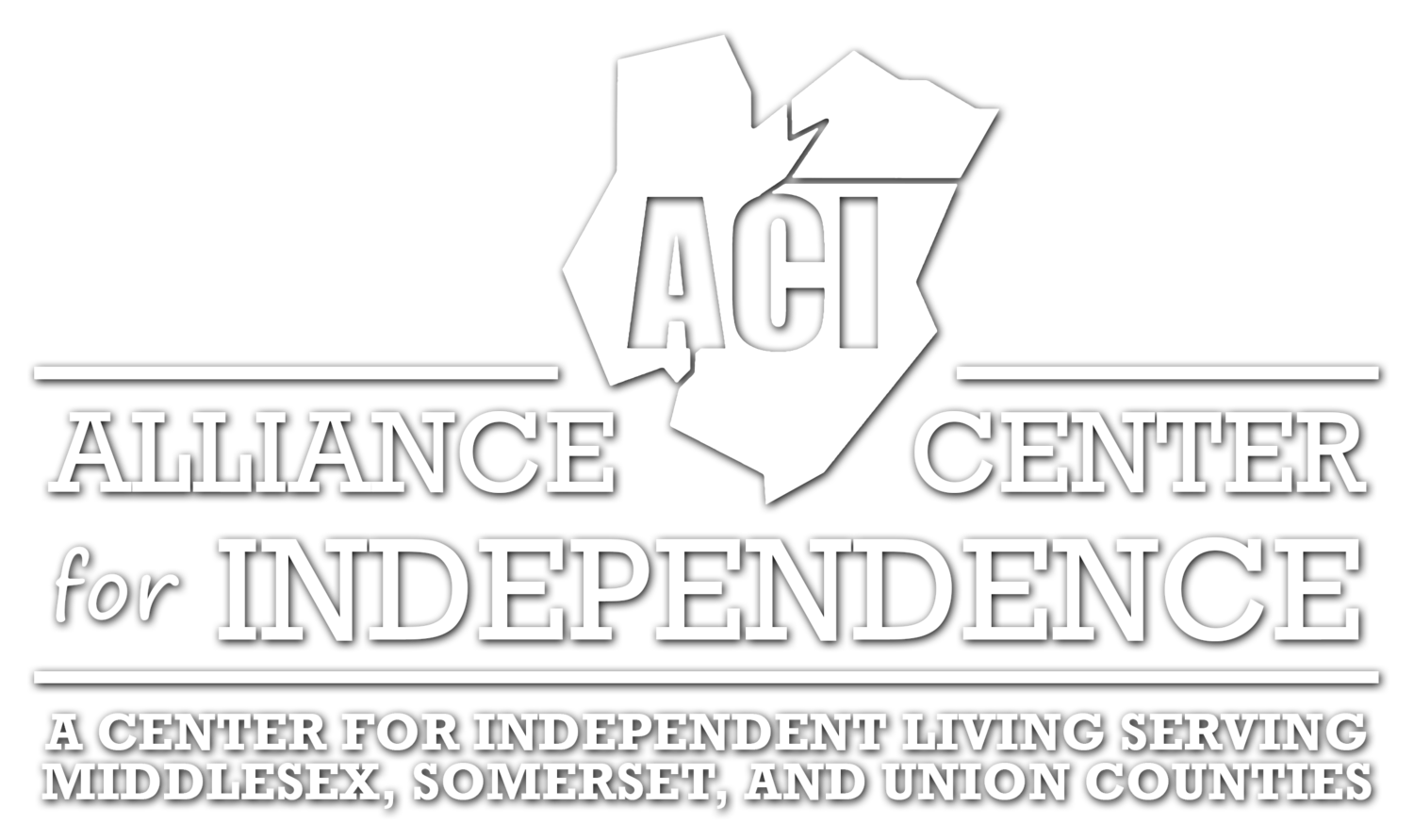Casino gaming and its expansion into northern New Jersey continues to raise questions from all corners of the state, with considerable discussion about the billions in private investment, thousands of jobs, and hundred of millions in state revenues. While these components are crucial, one issue that has not been discussed often enough is the impact gaming expansion would have in terms of aid to New Jersey's disabled and senior communities.
The Casino Revenue Fund (CRF), which as the name suggests receives funds from the tax revenues gained from New Jersey casinos, has a constitutional mission of directing valuable funding to programs that support low-income seniors and disabled residents.
As gaming revenue continues its declining trend, these necessary programs are put under increased financial stress. Paired with an increase in demand, the mission of the CRF and the vital services it provides, which assist individuals with disabilities and seniors who want to live independently in New Jersey, are being put into great danger.
A wide range of programs are funded by the CRF, with a large focus on providing necessary services to the elderly and disabled. For example, the Senior Citizens Property Tax Freeze allows older citizens to have the financial security they need to remain in their homes.
"Thanks to these programs... vulnerable citizens can receive the necessary resources they need to live independently." - Carole Tonks, ACI Director
The Meals on Wheels program brings quality food to those who are unable to provide for themselves, assisting those who need it most.
Those with developmental disabilities also receive aid via the Casino Revenue Fund through programs like Developmental Disabilities Residential Care and Disability Services Personal Assistance, which provide the necessary day-to-day care people need.
Other programs funded by casino revenues include: Medical Assistance, Senior and Disabled Transportation, Adult Day Care — Alzheimer's, Statewide Birth Defects Registry, Congregate Housing Support, Adult Protective Services, Home Health Aide Certification, SOBRA for Aged and Disabled, Global Budget for Long Term Care, and transportation to employment development programs.
Thanks to these programs, some of the state's most vulnerable citizens can receive the necessary resources they need to live independently. However, the lack of funding pushes nonprofits and local governments to either cut services and programs or, in the case of local governments, raise taxes to cover the additional costs. As time passes and revenue continues to drop at an accelerating rate, the core missions of the CRF and the vital services and safety net it provides are put at risk.
In 2006, the Casino Revenue Fund accounted for 57 percent of total state funding for programs for low-income seniors and the disabled. Today, it accounts for 30 percent. That same fiscal year, the Casino Revenue Fund received $500.2 million from casinos and $376.8 million from the General Fund.
Fast-forward to today and $310.4 million from casinos are being contributed to the Casino Revenue Fund, while $702.2 million is funneled in from the General Fund. In addition, during that same stretch the Transportation Assistance funding for seniors and disabled residents was slashed by 50 percent because of declining revenue, putting more pressure on NJ Transit's operating budget.
While gaming expansion continues to be a hot-button issue, legislators and voters must keep in mind the real-world impact that gaming revenue in New Jersey has on the vital programs that support the state's senior and disabled residents. For this reason we support a 2015 ballot question asking voters to approve the expansion of casino gaming to northern New Jersey. The programs that New Jersey's residents and community members rely on every day will realize hundreds of millions of dollars in revenue if this is passed.




